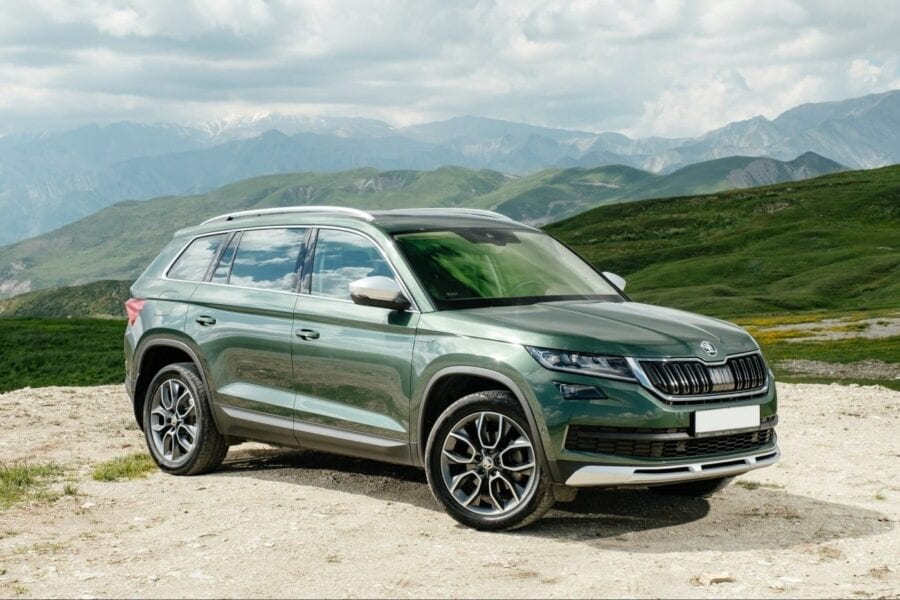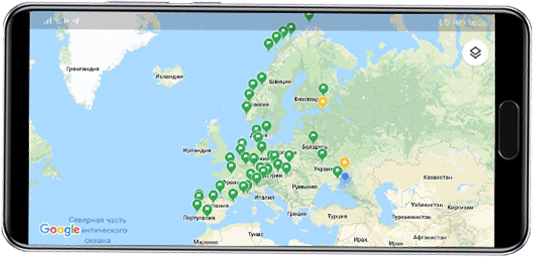
Summer travel # 1: what to remember in different European countries?
Content
Planning a trip to sunny Spain, the Cote d'Azur or the Baltic Sea on the German side? When going on holiday in your own car, be especially careful - tickets abroad can be expensive. Check out what the rules are in Western and South-Western European countries and safely complete each vacation itinerary.
What will you learn from this post?
- What to remember when traveling by car in Europe?
- What are the traffic regulations in every European country?
TL, д-
When going on vacation in your own car, remember about the documents: ID-card or passport, driver's license, EHIC and registration certificate (or green card). Also pay special attention to the road laws of individual countries.
In our post, we present the most important traffic rules in force in the countries where Poles travel most often or through which they most often travel on their way to their holiday destination. In the first part of this article, we look at the countries to the west and southwest of Poland: Germany, Italy, Switzerland, France, Spain, Austria, and the Czech Republic.
Crossing the border - required documents
This is a document allowing the crossing of borders between the countries of the European Union. Identity card or passport. Check the expiration date before you travel - if it expires while you are away, you may face administrative fines. As a driver, you must also have driver's license (Polish driving licenses are accepted in EU countries) and certificate of registration with confirmation of passing the technical inspection and valid civil liability insurance. It is also worth considering purchasing additional AC insurance - all repairs in foreign workshops are expensive. It must also be in your wallet. European health insurance card (ECUZ).
If you are traveling to countries outside the EU, you should also have a so-called green map, i.e. international certificate certifying that the insurance policy is valid. In the event of an accident or impact, its absence can be costly - you will pay for everything out of your own pocket. Green cards issued insurers, as a rule, at no additional charge.
A little more formalities involve going abroad in a rented car. During a roadside check, the police may require the driver to written confirmation of car rental... In some countries (eg Bulgaria or Hungary) this document must be kept. notarized or translated by a sworn translator.
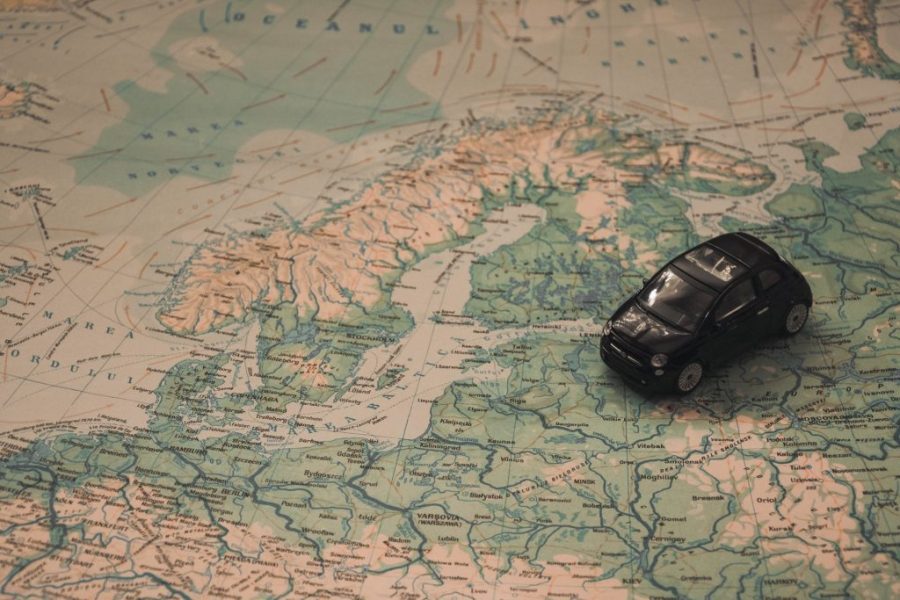
The most important traffic rules in European countries
Each country has its own custom. If you do not want to be charged with a costly fine, check the traffic regulations in force in the countries through which you plan to travel. Moreover, some of them are sometimes specific ...
Germany
German highways are every driver's dream - they are well marked and connected in a long network, equal to an airplane runway, for free. Although no speed limits, you should keep an eye on another issue - the distance to the car in front of you. "Bumper riding" is severely punished.
In Germany, the speed limit in built-up areas is 50 km/h, outside built-up areas 100 km/h, and on expressways 130 km/h. Limits are canceled only by the corresponding sign, and not like in Poland, also through the crossroads. For exceeding the limit by 30 km / h (in settlements) or 40 km / h (outside settlements) not only a fine, but also a refusal of a driver's license.
In some cities in Germany (including Berlin or Hanover) introduced the so-called green areas (Umwelt Zone), which can only be entered by vehicles with a special sign informing about the amount of their exhaust gases... You can purchase this badge on the basis of a registration certificate at diagnostic points, workshops and points of contact (cost about 5 euros).
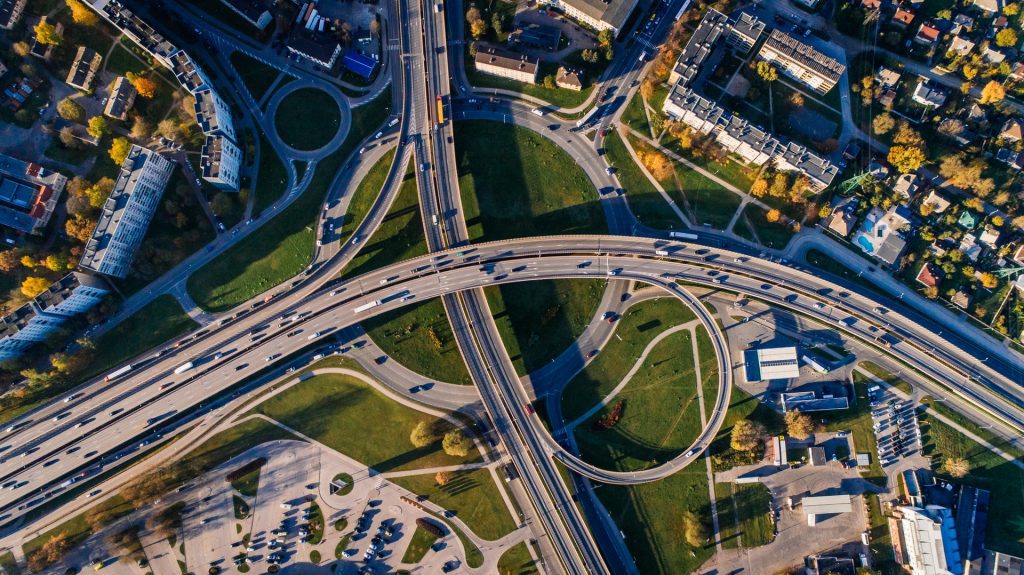
When traveling by car in Germany, remember that our next-door neighbors are perfectionists - they care a lot about following the rules. During roadside inspection the police carefully check technical condition of the car... Therefore, before you leave, make sure you replenishment of all working fluids and check it out lightingand also take with you just in case set of spare bulbs... If a police officer fined you for an offense, do not discuss the matter with him, as this will only make the situation worse.
Switzerland
Switzerland, although not part of the EU, belongs to the Schengen area - therefore respects Polish documents. However, when choosing a holiday in the charming Swiss towns at the foot of the Alps, it is worth having additional medical insurancebecause there is only private health care.
Swiss toll motorways – You can buy a vignette that allows you to drive at the border crossing. They have a speed limit of up to 120 km/h. On highways, you can drive at a speed of no more than 100 km/h, on national roads - 80 km/h, and in built-up areas - 50 km/h.
Switzerland has 2 specific bans. First of all - anti-radar devices cannot be used... Po drugie - "Wild overnight" is prohibitedDozing outside of certain areas, such as a motorway parking lot or gas station.
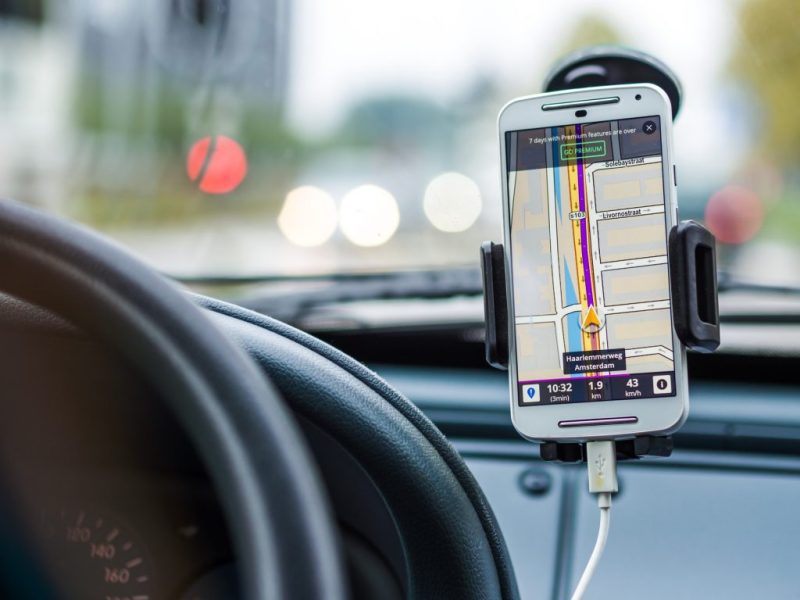
Włochy
And through the Alps - to Italy. The Italian traffic rules are similar to the Polish ones, but you should be careful with them. drivers whose driving experience does not exceed 3 years – their different speed limits apply. They can travel at 100 km/h on motorways and 90 km/h on freeways. Limitations for other drivers are as follows:
- 150 km / h - on 3-lane routes with a mentor system (speed detection);
- 130 km / h - on the highway (110 km / h with a wet road surface);
- 110 km / h - on highways (90 km / h on wet roads);
- 90 km / h - outside the settlements;
- 50 km / h - in settlements.
France
Traffic regulations in force in France will not surprise Polish drivers either. However, remember a few specific rules. While driving you cannot use headsetsand it must be included with your vehicle disposable breathalyzer (can be bought at gas stations or pharmacies for about € 1,50). Be especially careful in frequently visited areas because pedestrians have absolute priority in Franceas well as when driving through intersections. In France, change the color of light from red to green (and vice versa) because the orange signal does not inform.
The speed limit on motorways is 130 km/h, on expressways 110 km/h, in populated areas up to 50 km/h and outside of it up to 90 km/h. However, these limits increase as weather conditions worsen. In rainy weather, you can drive up to 110 km / h2 on the highway, and 80 km / h outside the settlements. Toll motorways.
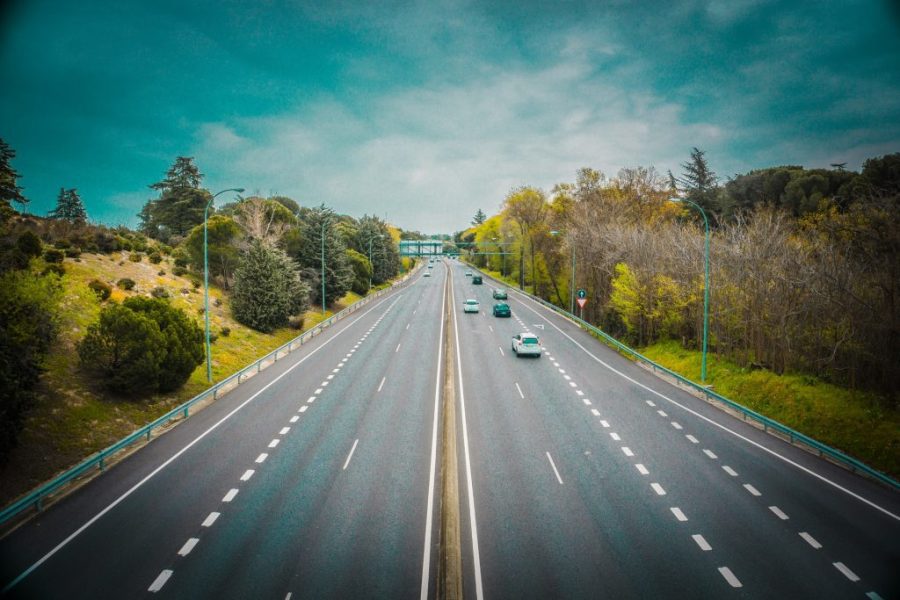
Spain
Although Spanish road law is similar to Polish law, the local police severely punish drivers who break the rules, especially those who use double gas. For driving while intoxicated (more than 0,5 ppm) you can get even a dozen or so thousand euros in the mandate... The police are also scrupulous. talk on the phone or through a headset while driving a car.
You must pay for the use of motorways in Spain by paying the appropriate tolls at the respective entrances. The current speed limits are the same as in Poland. You only need to slow down a little motorways limited to 120 km / h.
Czech Republic
Routes to the Balkans or sunny Italy often pass through the Czech Republic. As you drive through the land of our southern neighbors, remember that you don't pay tolls on motorways at the gate - you need to buy a periodic vignette (also at gas stations, at the border, also for PLN). Also pay close attention to speed limits because the Czech police he severely punishes any violations... You can drive at a maximum speed of 130 km / h on the motorway, 50 km / h in built-up areas and 90 km / h outside built-up areas.
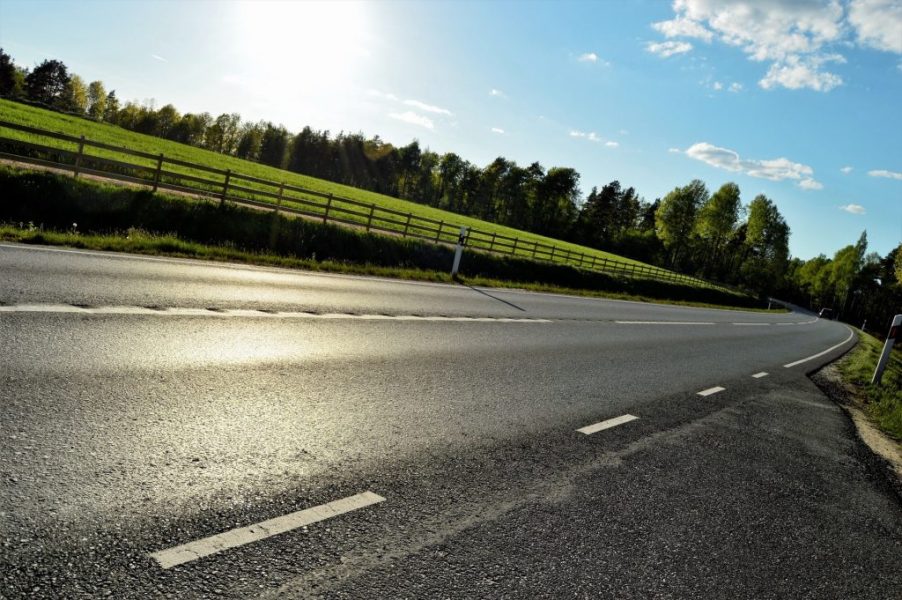
Austria
Austria is an equally popular transit country. A well-developed motorway network greatly simplifies travel. However, you will have to pay for their transportation, by purchasing a suitable vignette.
If there is webcam, shoot it when entering Austria – Local regulations prohibit the use of this type of device. The so-called yellow cards for alienswhich you will receive with your ticket. The punishment of three is connected with a temporary ban on the use of the car on Austrian roads.
Before you go on your holiday tour, check the technical condition of your carwith particular attention to tires, brakes, fluid level and quality (engine oil, brake fluid or coolant) and lighting. To avoid incurring a costly fine and, more importantly, to reach your destination safely, do not let go of the accelerator. You should also be aware of toll roads for tolls on motorways and the ban on the use of cameras or anti-radar devices. Good way!
If you are just getting ready for the trip, completing the appropriate equipment, take a look at avtotachki.com. You'll find everything you need to keep your car in top condition, from wipers and cleaning and care products, light bulbs, trunks and car parts.
You can read more about preparing a car for a trip in our blog:
Driving in hot weather - take care of yourself and your car!
7 Tips for Safe Vacation Travel
Going on vacation abroad by car? Find out how to avoid the ticket!
www.unsplash.com
